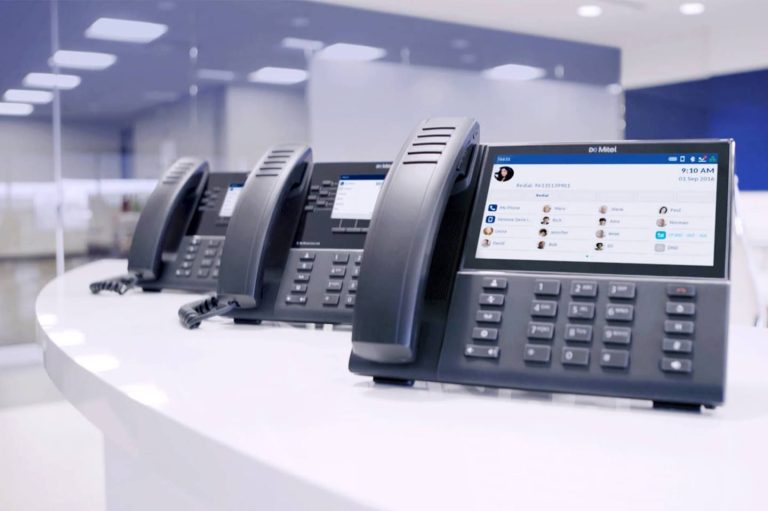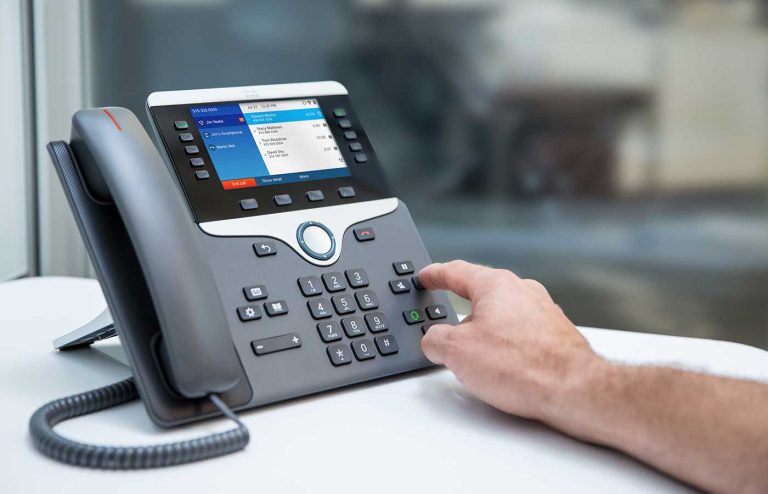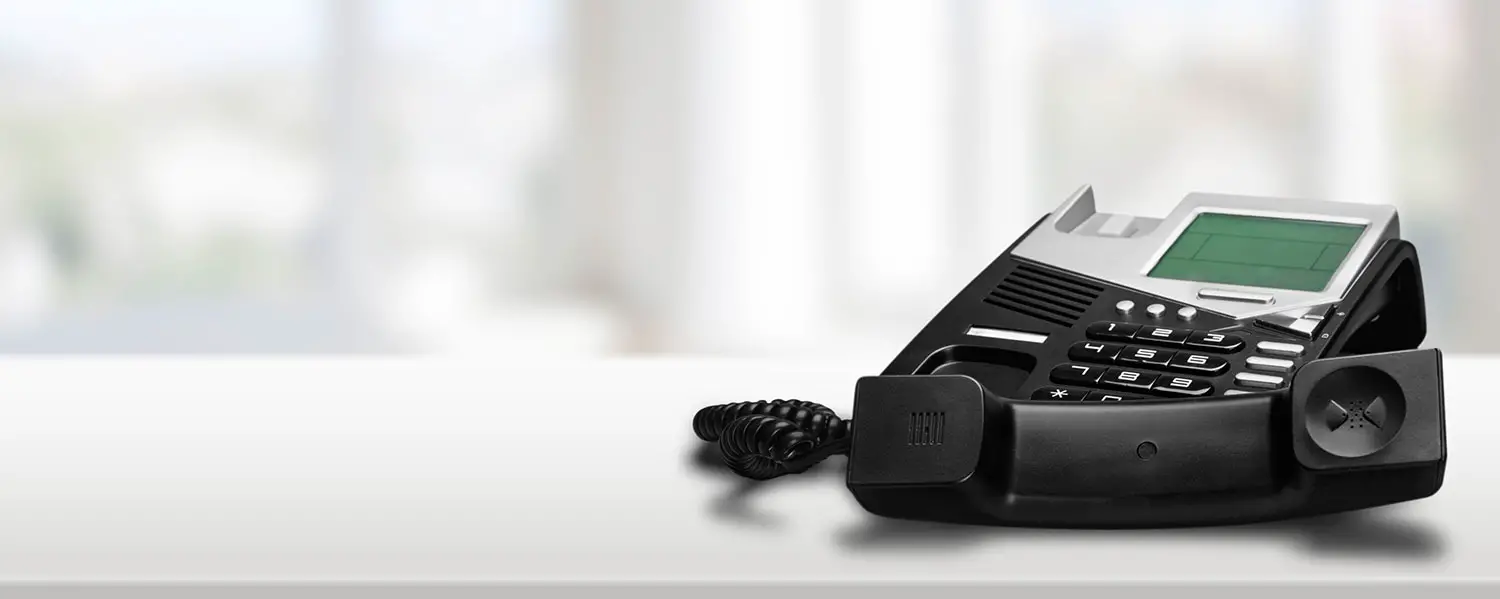Small businesses constantly seek ways to improve operations and provide better customer service. One solution that can help them achieve this goal is switching to a PBX phone system. PBX system, or Private Branch Exchange, is a phone system that allows businesses to manage multiple phone lines through one central location. In this blog, we'll explore the advantages of PBX phone system for small businesses, how they work, and the available types of PBX phone systems.
What Are The Advantages Of PBX Phone System For Small Businesses?

There are several advantages that a PBX phone system can offer small businesses. Firstly, PBX systems are cost-effective. They allow companies to manage multiple phone lines and extensions through one central location, which reduces the need for additional hardware and phone lines. PBX phone systems can also improve communication within the organization by allowing employees to transfer calls, hold conference calls, and access voicemail through a unified system.
Another advantage of PBX phone systems is that they offer advanced features such as call routing, caller ID, call waiting, and call forwarding. These features help small businesses present a more professional image to their customers and improve their overall customer service. Additionally, PBX systems offer scalability, which can be easily expanded as the business grows without significant additional investment.
How Does A PBX Phone System Work And Why Is It Ideal For Small Businesses?

A PBX phone system connects internal and external phone lines through a central switching system. This switchboard is located on-premises in a traditional PBX system, while a cloud-based PBX system is hosted remotely. With a PBX system, calls are routed through this central switching system, which allows businesses to manage multiple phone lines and extensions through one centralized system.
Telecalling software are ideal for small businesses because they offer a range of features and benefits that can help small businesses operate more efficiently. For example, a PBX phone system can enable small businesses to set up a virtual receptionist, which can greet callers and provide automated options to route their calls to the appropriate department or employee. It can help small businesses present a professional image to their customers, even if they need a dedicated receptionist.
What Are The Different Types Of PBX Phone Systems Available For Small Businesses?

There are majorly three types of PBX phone systems available for small businesses: traditional, IP, and hosted PBX systems. A traditional PBX system is a hardware-based system that is installed on-premises, while an IP PBX system uses the internet to transmit voice data. On the other hand, a hosted PBX system is a cloud-based system that is hosted remotely.
Each type of PBX phone system has its advantages and disadvantages. Traditional PBX systems are reliable and offer high call quality, but they can be expensive to install and maintain. IP PBX systems are more flexible and cost-effective but require a stable internet connection to function correctly. Hosted PBX systems are the most cost-effective and scalable option but rely on a stable internet connection. They may offer a different level of call quality than traditional PBX systems.
Conclusion
In conclusion, small businesses should consider switching to a PBX phone system for several reasons. PBX phone systems are cost-effective, offer advanced features, and are scalable, making them an ideal solution for small businesses looking to improve their communication systems. By understanding the advantages of PBX phone systems, how they works, and the different types available, small businesses can decide which method is best suited for their needs.





